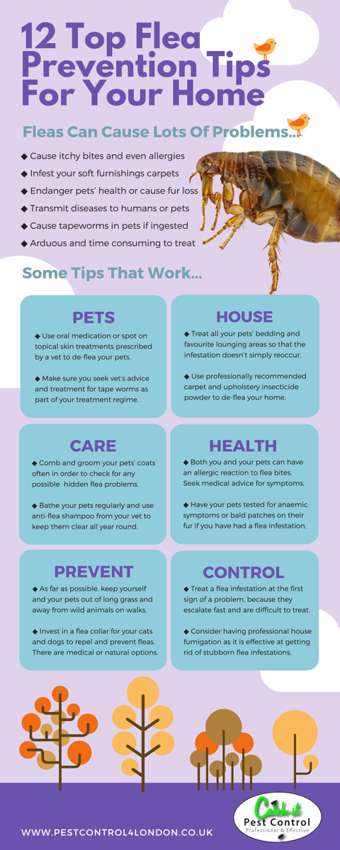Rodent-Proofing Your Attic: Important Tips For Homeowners
Rodent-Proofing Your Attic: Important Tips For Homeowners
Blog Article
Material Writer-Karlsen Bay
Picture your attic as a comfortable Airbnb for rodents, with insulation as fluffy as hotel pillows and wiring much more enticing than space service. Now, imagine these undesirable guests tossing a wild party in your house while you're away. As a house owner, guaranteeing your attic is rodent-proof is not practically peace of mind; it has to do with safeguarding your residential or commercial property and loved ones. So, what simple steps can you take to guard your sanctuary from these furry trespassers?
Check for Entry Points
To begin rodent-proofing your attic room, evaluate for access factors. Beginning by carefully checking out lawn bug killer of your home, trying to find any type of openings that rodents can use to get to your attic. Check for voids around utility lines, vents, and pipelines, in addition to any fractures or openings in the foundation or home siding. See to it to pay close attention to areas where various structure products meet, as these are common access factors for rats.
In addition, inspect the roof for any type of damaged or missing tiles, along with any type of spaces around the sides where rats might press via. Inside the attic, try to find indicators of existing rodent activity such as droppings, ate cords, or nesting products. Use a flashlight to extensively check dark edges and covert rooms.
Seal Cracks and Gaps
Examine your attic extensively for any type of fractures and voids that need to be secured to stop rodents from going into. Rats can press via even the smallest openings, so it's essential to seal any prospective entrance factors. Examine around pipes, vents, cable televisions, and where the walls meet the roofing system. Make use of a combination of steel woollen and caulking to seal these openings effectively. Steel woollen is an excellent deterrent as rats can't eat via it. Make certain that all voids are snugly sealed to refute access to undesirable bugs.
Don't forget the relevance of sealing gaps around doors and windows also. Usage weather stripping or door sweeps to secure these areas properly. Examine the locations where utility lines go into the attic and secure them off utilizing a suitable sealant. By putting in best thing to kill ants to seal all fractures and gaps in your attic, you produce an obstacle that rats will locate challenging to breach. termite pest is type in rodent-proofing your attic, so be detailed in your efforts to seal any possible entrance factors.
Eliminate Food Resources
Take positive procedures to eliminate or store all potential food sources in your attic room to prevent rats from infesting the room. Rats are brought in to food, so removing their food resources is important in maintaining them out of your attic.
Right here's what you can do:
1. ** Shop food firmly **: Prevent leaving any kind of food things in the attic room. Store all food in closed containers made of metal or durable plastic to avoid rodents from accessing them.
2. ** Tidy up debris **: Get rid of any type of piles of particles, such as old newspapers, cardboard boxes, or timber scraps, that rodents could make use of as nesting material or food resources. Keep the attic room clutter-free to make it much less appealing to rodents.
3. ** Dispose of trash appropriately **: If you utilize your attic for storage space and have trash or waste up there, make sure to dispose of it consistently and correctly. Rotting trash bin draw in rodents, so keep the attic room tidy and without any type of organic waste.
Final thought
To conclude, remember that an ounce of prevention deserves a pound of remedy when it pertains to rodent-proofing your attic.
By making the effort to examine for access points, seal cracks and gaps, and eliminate food sources, you can maintain unwanted bugs away.
Remember, 'An ounce of prevention deserves a pound of cure' - Benjamin Franklin.
Keep aggressive and shield your home from rodent problems.
